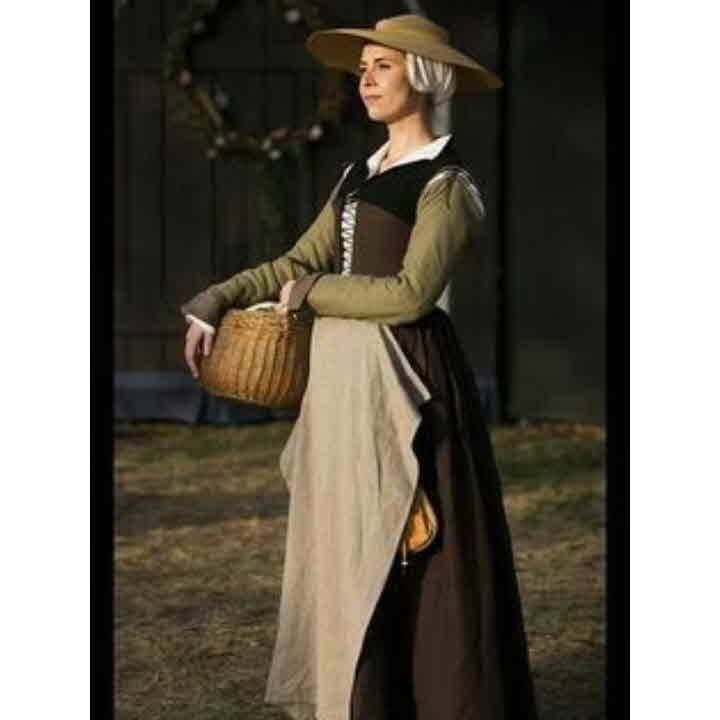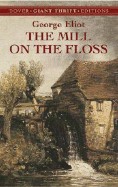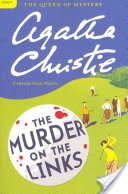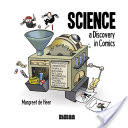
Just for my peace of mind I looked up when the Middle Ages were. I knew, but the reference to "medieval" clothes in the Little Shop of Found Things made me wonder. But, nope, 1605 definitely isn't Middle Ages - it's Tudor or Stuart or Renaissance, but not MA.
Here's a time line for the MA in 3.5 minutes by the author of the tagged book: https://youtu.be/6EAMqKUimr8
Pic shows clothing late 16th and early 17th century
julesG #HistoricalFictionInaccuracyAnnoyanceSupportGroup @CoverToCoverGirl @GingerAntics @JazzFeathers @Weaponxgirl @RavenLovelyReads @Birdsong28 @KCorter 6y
Velvetfur Love this! I love the medieval look, I'll have a look at the link too, thanks for posting 😁 6y
Birdsong28 1605 is the Stuart Era. 📚📖 6y
See All 22 Comments
julesG @Birdsong28 oh, yes, you are right. It was James I on the throne. Anyway, the style of clothes definitely wasn't medieval. 6y
Birdsong28 @julesG Definitely! Some authors just think medieval is just a quick cover all description for anything around that time. 😁📚📖 6y
julesG @Birdsong28 It's just so disjointed, the main character is an antiques dealer, she knows about clocks, furniture, chatelains,... Can distinguish between different periods, but describes the clothing as medieval? Brackston, the author, put a lot of effort into so many aspects, but falls short in this department. And we all know, it's the little things that can destroy the rapport between novel and reader. 6y
TrishB Can‘t watch you tube as in work, I generally take 1485 and the start of the Tudors as the end of the MA. 6y
julesG @TrishB That's about the date. Lots of historians say Renaissance started with Da Vinci and that puts it at the end of the 1400s. 6y
Emilymdxn My degree in (broadly) Medieval English ended in 1550 and I thought of that as a ‘latest possible‘ date for the end of the Middle Ages tho obvs defining time periods strictly is hard. There‘s an argument to be made for including early Tudor in medieval as the long fifteenth century but I definitely wouldn‘t include the later Tudors or Stuarts by any means! The reformation is my personal cut off for England, earlier in other countries (edited) 6y
julesG @Emilymdxn Sums up what I've learned. I studied medieval history, too. Though from a German perspective. 6y
Emilymdxn @julesG that sounds really cool! I‘d love to have got to do more on the Middle Ages in other countries, I didn‘t get to do Germany at all really 6y
julesG @Emilymdxn I was lucky, I guess. We had a great Prof of medieval history who did a lot on European history of the MA, Christianisation etc. And I learned a lot about British history through my English cultural studies. 6y
GingerAntics Oh my god this is not that had. Get away from that book as quickly as possible. Middle Ages were over by 1400 seriously people!!! #whyhistorymatters 🙄 I swear I will hurt someone. (Not really, but you know me.) 6y
JazzFeathers I agree with @GingerAntics l'd considered 1400 already Renaissance, although l understand that today historians tend to consider the ME as a 1000 year long periode, and so some of them include nearly the entirty of the 1400. But the 1500s? Definitely Renaissance for me. And the 1600s is most certainly beyond that. 6y
JazzFeathers @julesG Yes, details are devilish. Sometimes we authors take things for granted and so we make an historical situation the same as our own time's situation. Some other we think that a detail in a line of dialogue is not so important to look deeper into it. Very easy to fall into this trap. But this way we betray both the story and our readers. 6y
julesG @JazzFeathers Just one of the reasons I don't want to publish my writing, I'm too afraid of mistakes that I made and letting someone down. 😉 - - - ah well, I'm going to write to the publishers once I've finished. Not to mention an honest review on Goodreads 6y
julesG @JazzFeathers It's very interesting to see where everyone here draws the line between MA, Renaissance and Modern History. I learned that the MA were definitely over with the fall of Constantinople in 1453, Renaissance lasted (depending on the POV) from 1400 to 1600. And early modern history ended with the age of revolutions, latest with the French Revolution. But it's all intermingled and the lines are blurry with lots of different influences. 6y
julesG @JazzFeathers Since part of my university training was on linguistics, especially the etymology and history of the English language, so it always bugs me when time travellers to say "Shakespearean" times can talk to people of that time with no problems, just a bit of tweaking to the vocabulary. ??? 6y
JazzFeathers @julesG don't let that hinder you. We all do our best, and when someone calls us out on something, that's an opportunity to learn. I learned a lot by sharing my writing and even more by publishing it 😊 6y
JazzFeathers @julesG What l've learn in the last years - and has actually surprised me - is that contrary to what one may think, history is not set in stone. Our understanding of it is alway changing. New discoveries are made, new ways to connect different times are developed. History IS a living thing. This said, inaccuracy IS a real thing and we're better learn to recognise it. 6y
julesG @JazzFeathers Thanks! Wise words, in both your last comments. 6y
GingerAntics I agree with @JazzFeathers, eras do tend to overlap by 100 years or so because it‘s not like everyone wakes up one day and says “alright, we‘re in a new era now, we‘re doing this now.” So there is over lap, but the overlap between Renaissance and Medieval was the 1300s. The next overlap is the 1600s which is why Shakespeare can be considered late Renaissance or early Early Modern. He‘s really straddling the line. 6y
79 likes22 comments


















